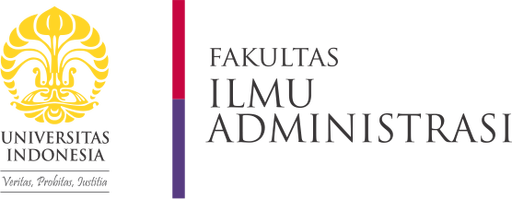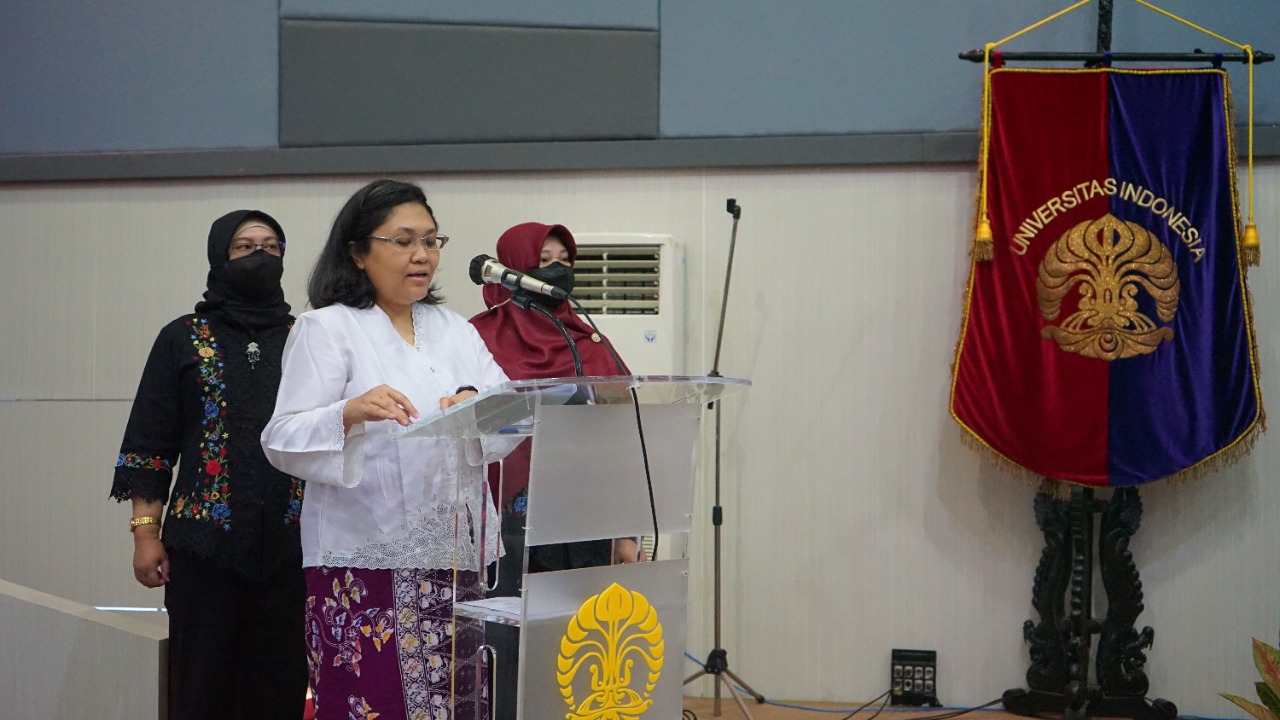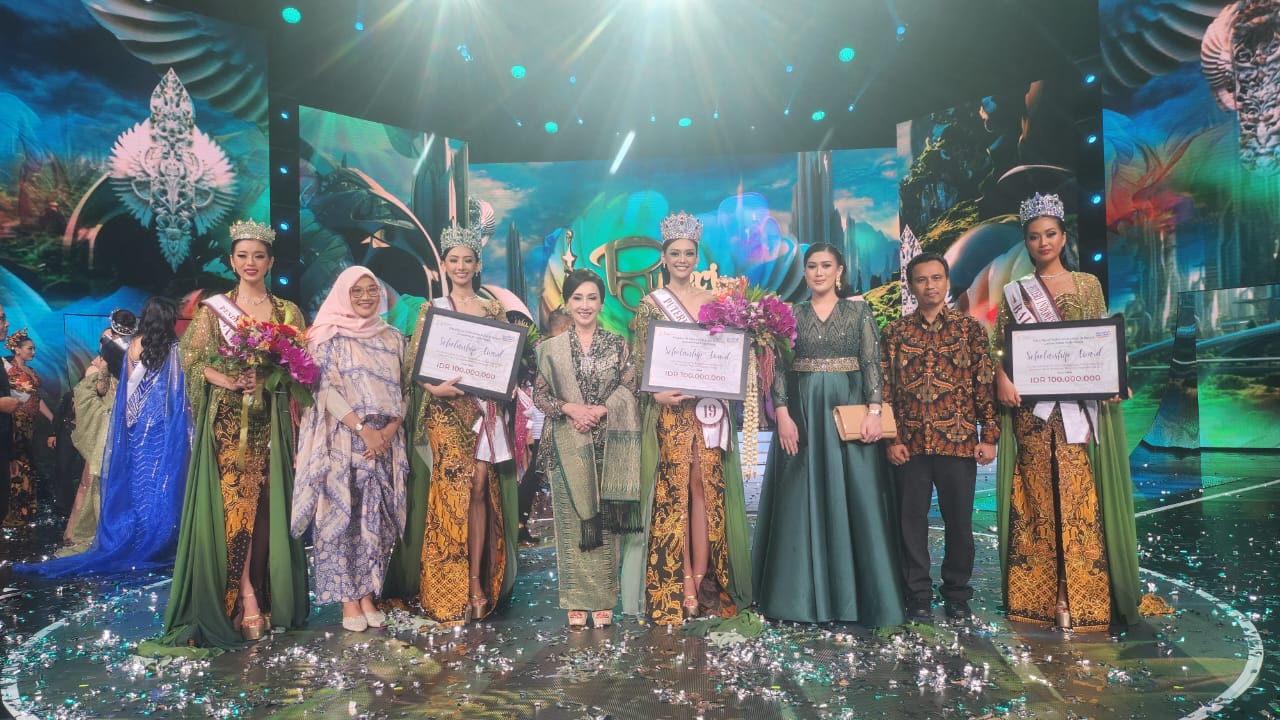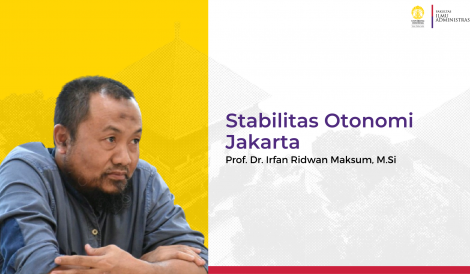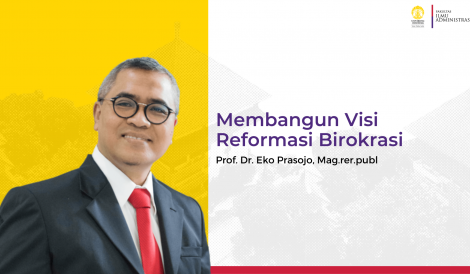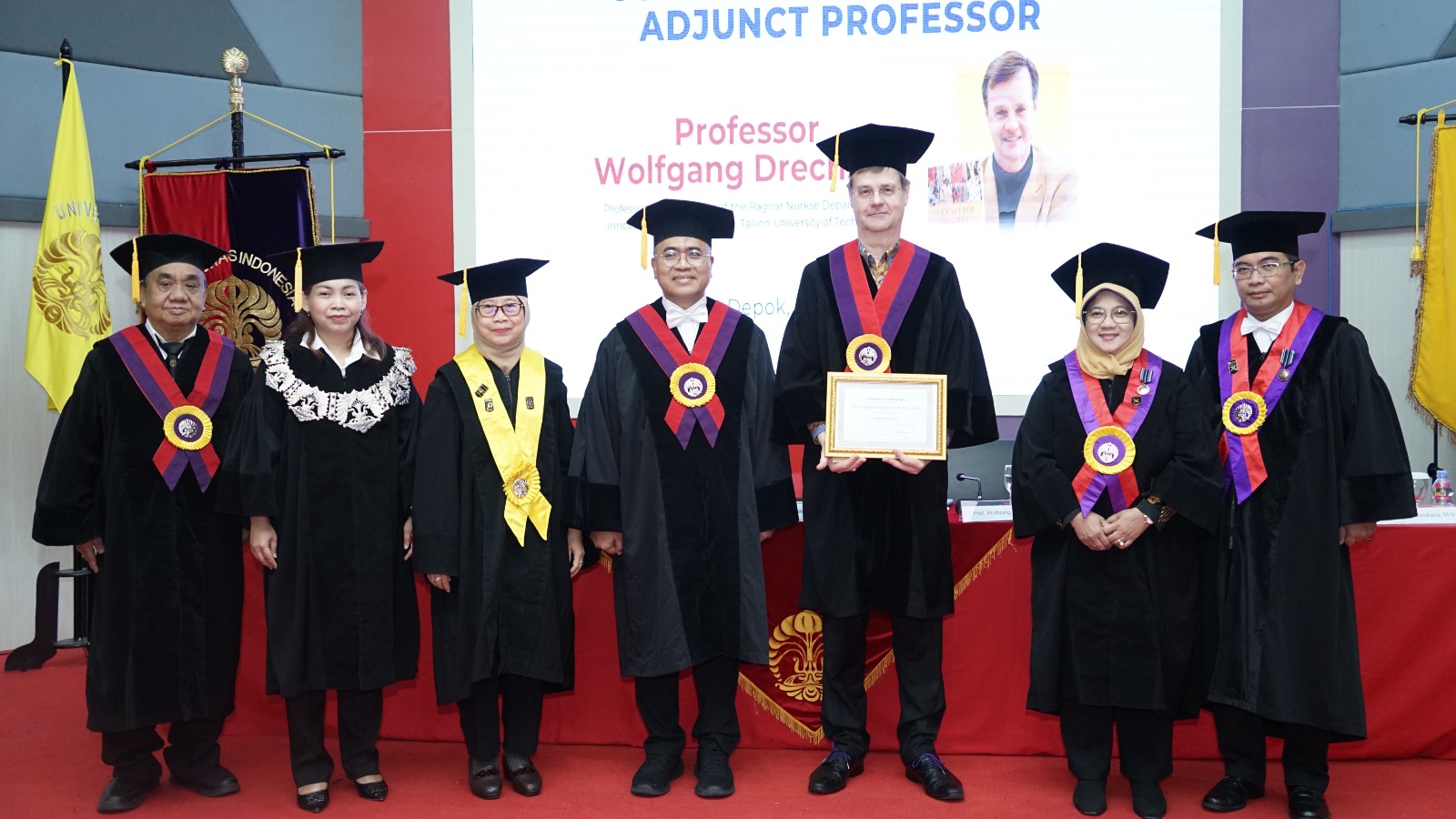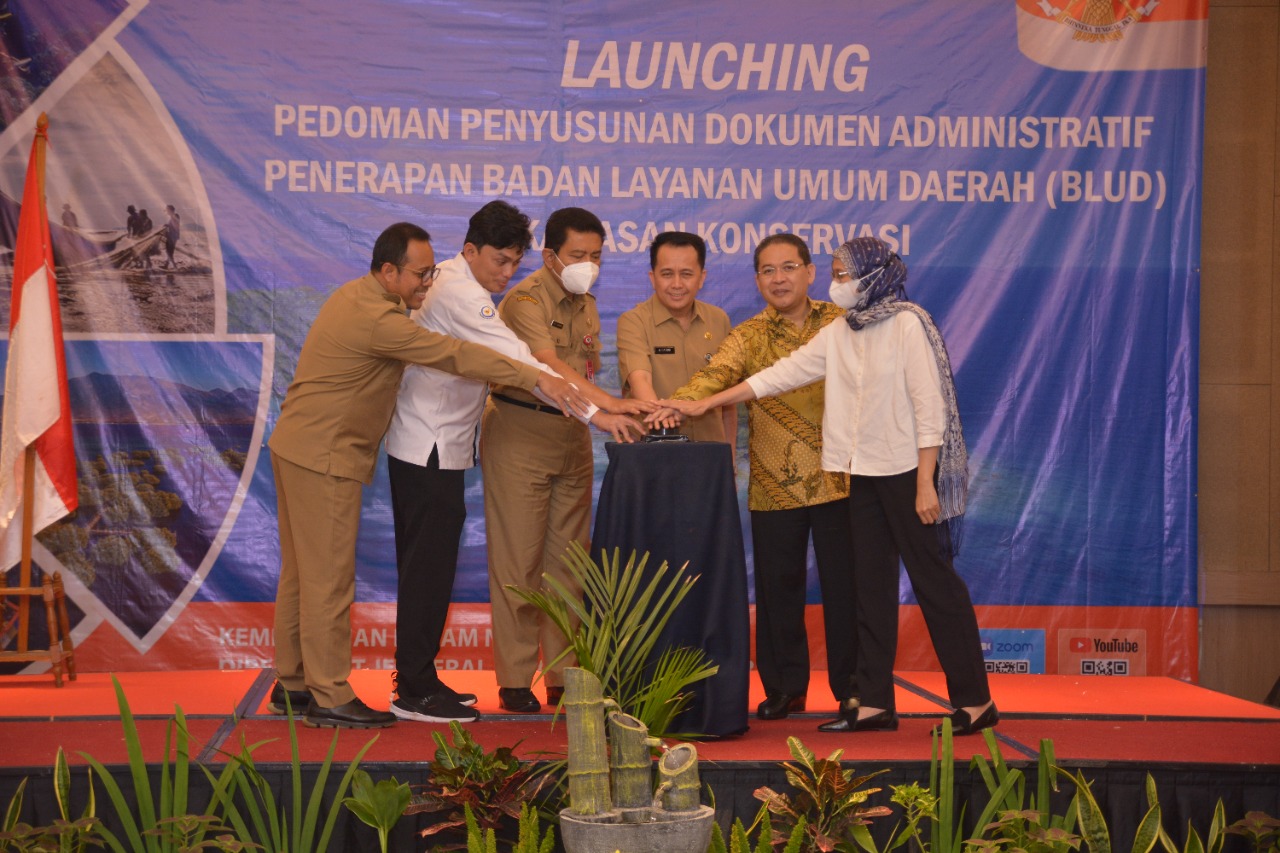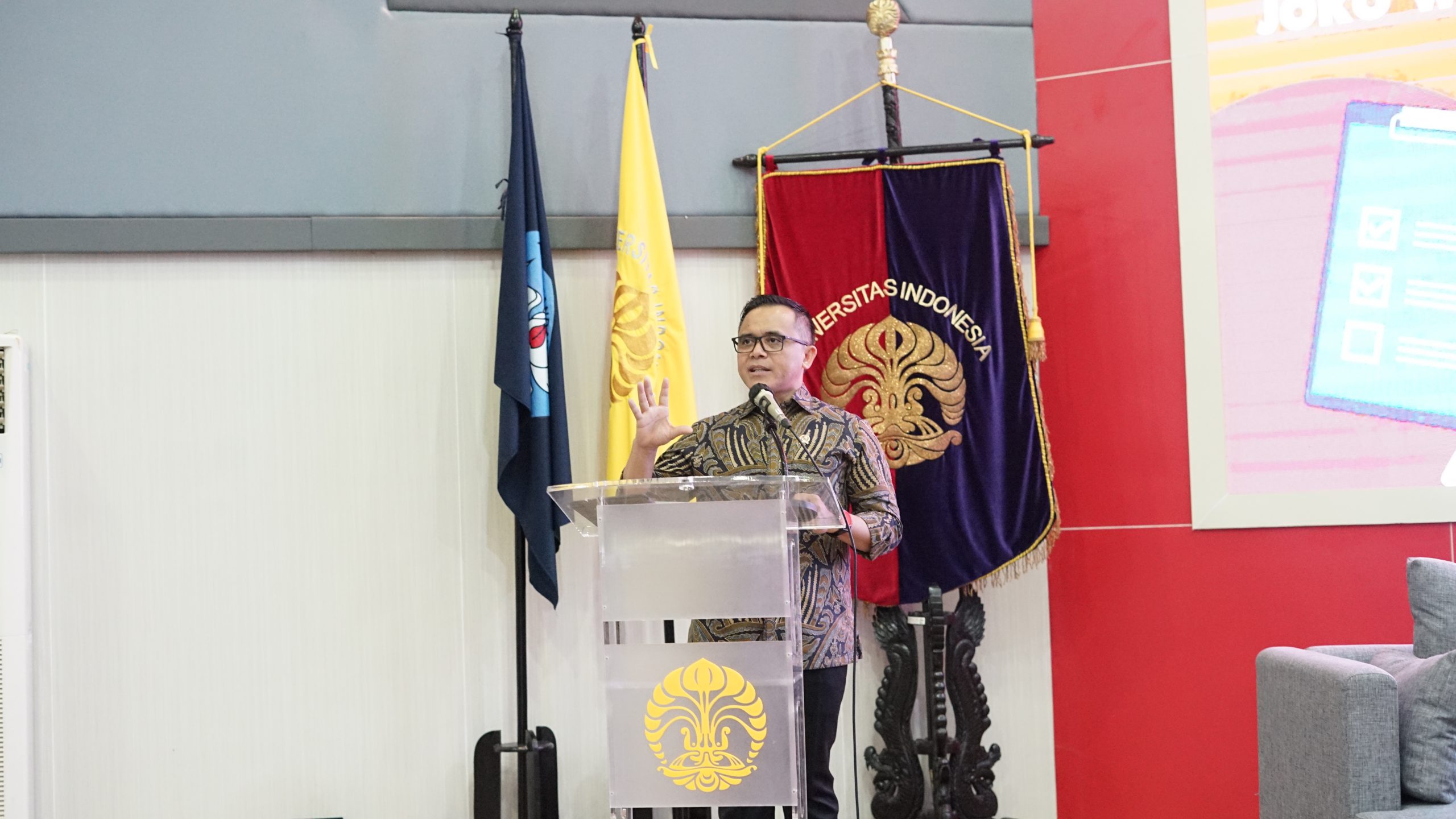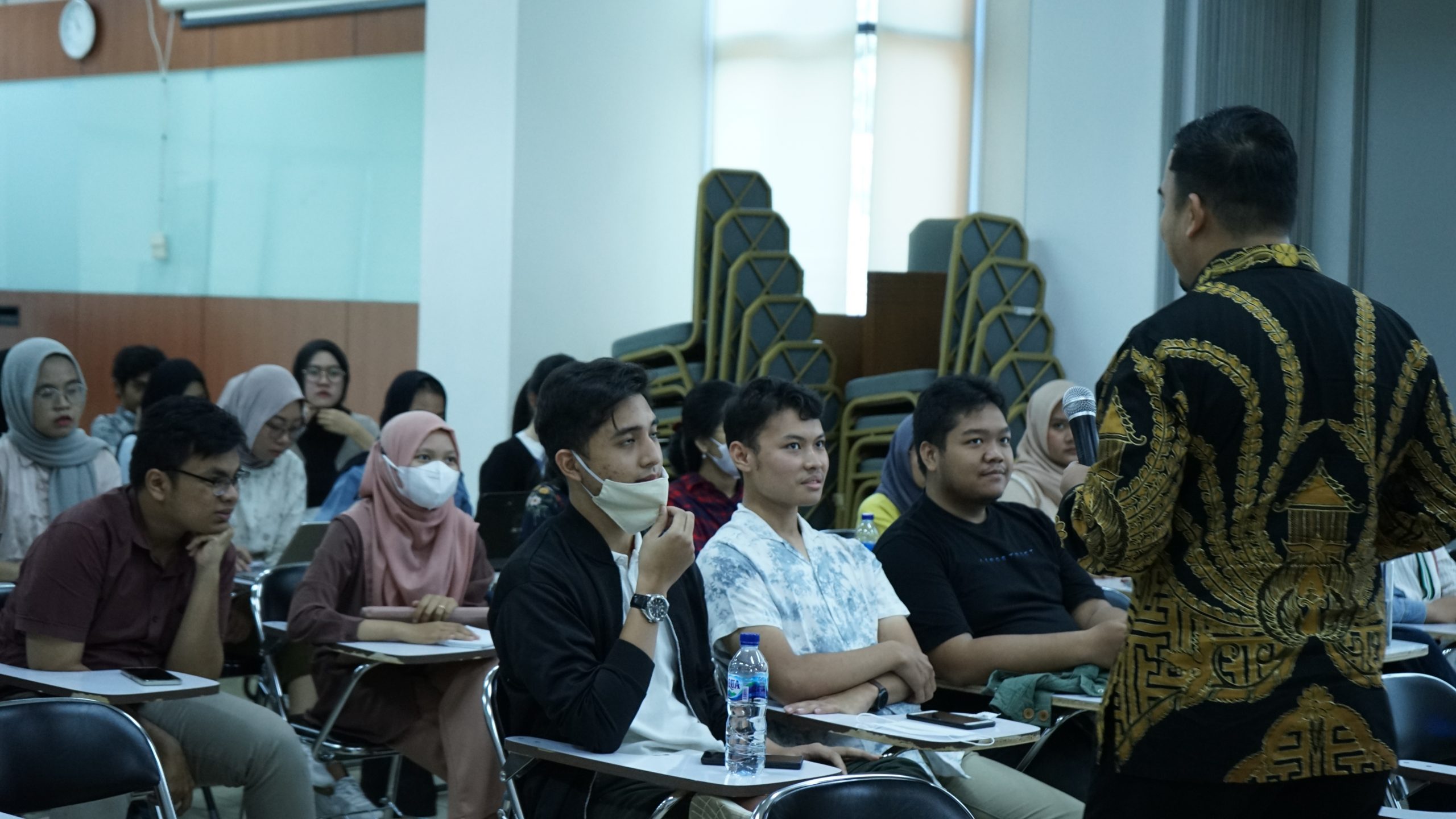Indonesia has many museums. But in general, museums in Indonesia are often underestimated and unattractive. This causes not many people who are interested in visiting museums in Indonesia.
This sentence was conveyed by Ixora Lundia Suwaryono as the opening for a doctoral promotion session in the field of Administrative Sciences, Faculty of Administrative Sciences, University of Indonesia (FIA UI) with the dissertation title “Museum Management in Indonesia: Marketing Based on Cultural Values” on Friday, July 8, 2022 in a hybrid way ( online and offline).
Ixora said that museums in Indonesia are dominated by museums owned and managed by the government, both ministries and institutions, and local governments. This does not mean that the adoption of the business concept cannot be applied to museum management in Indonesia, but that the concept must be fully understood.
“As a government-run public agency, museums have many challenges, such as limited funding, human resource competence, and public perception that museums are scary places. So that the form of marketing for museum management must be adapted to these conditions,” said the lecturer who is often called Ichay.
Ixora continued by saying that to face these challenges, it is necessary to adjust the marketing concept for museums with Indonesian cultural values. This is considered as a critique of the marketing concept which generally refers to developed countries, which may not be appropriate when applied to different cultures.
“The development of museums in developed countries and the development of museums in a visitor-oriented direction encourages museums in Indonesia to follow these developments. But the concept is something new for museum managers in Indonesia; so there are concerns about the commercialization of museums that emphasize the quantity of visitors rather than quality,” he said.
Citing the opinion of Rentschler (2004), museums are increasingly shifting towards an orientation to visitors, rather than collections. Marketing for museums is also no longer a taboo subject, considering that museums must remain as non-profit organizations, but are in the midst of a free market. Furthermore, Ixora explained that the 7P service marketing concept can be used for museum marketing. This concept is the development of the product marketing mix concept, which has been known as the 4P concept (Product, Price, Place, and Promotion) with the addition of People, Process, and Physical Environment aspects in service products.
“To develop museums in Indonesia, Indonesian cultural values, such as community and collectivity, can be a strength and at the same time overcome the challenges of human resources. The novelty offered in this research is museum marketing by integrating Indonesian cultural values in it,” concluded Ixora.
In this study, Ixora found several findings, namely the word that comes to the mind of the respondent when hearing the word museum is dominated by the word history. Ixora said that some respondents would like to visit the museum in the future if the museum is interesting, displays objects that are varied and not boring. Ixora suggested that the management of museums in Indonesia is a joint task between the government, museum managers, universities and the community, so that the community should participate more and collaborate with the surrounding museums.
After Ixora delivered a summary of his dissertation, the event was continued with the submission of questions and objections from the examiner team. One of them is Prof. Dr. Martani Huseini, MBA who asked about how to implement this dissertation with the current development of technological innovation and collaborative development.
“From the results I got, not all museums have the same access and resources in Indonesia. Innovations in technology have been implemented by some museums in Indonesia, for example by providing virtual visit services to museums during the Covid-19 pandemic. However, what is more important is that museums in Indonesia must be a pillar of education, not just a complement to education in Indonesia. Educational synergy between schools, universities and museums can be facilitated by the government by encouraging research between museums and universities.” Ixora explained. Furthermore, in his dissertation, this can be realized with the Merdeka Learning program which allows internships and research activities that strengthen collaboration between museums, universities, and other research institutions. This can make museums and education in Indonesia develop optimally.
In this doctoral promotion session, Ixora succeeded in becoming a doctorate from the 16th Faculty of Administrative Sciences in the field of Administrative Sciences with a very satisfactory graduation.
For information, the doctoral promotion session was attended by Prof. Dr. Chandra Wijaya, M.Si, M.M as chairman of the session; Prof. Ir. Bernardus Yuliarto Nugroho, MSM, Ph.D as promoter; Dr. Effy Zalfiana Rusfian, M.Si as Co-promoter; and members namely Prof. Dr. Martani Huseini, MBA, Dr. Retno Kusumastuti, M. Si, Dr. Sapta Nirwandar, and Dr. Ali Akbar, S. S., M. Hum
